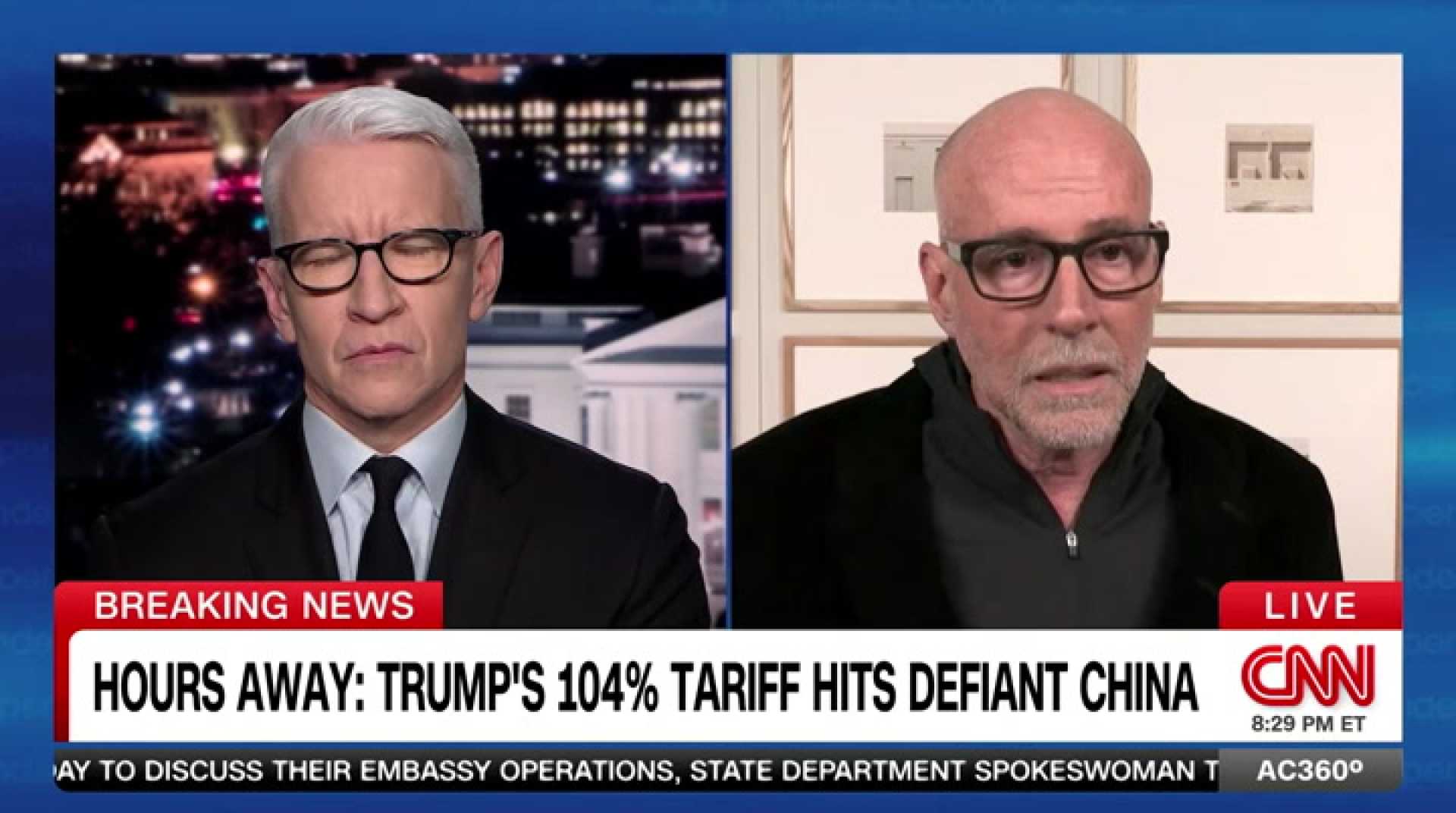Business
Expert Warns of Lasting Impact from Tariffs in Global Markets

NEW YORK, N.Y. — CNN‘s Anderson Cooper spoke with business expert Scott Galloway on Tuesday about the potential long-term consequences of current tariffs on the economy, particularly highlighting their effects on global markets.
During their discussion, Galloway characterized the situation as the “definition of stupid,” referencing the negative implications of tariff policies that can lead to reduced trade and increased prices for consumers. He emphasized on how such economic strategies not only disrupt local markets but also push investors to shift their focus towards European markets.
Galloway noted, “As tariffs rise, we see immediate shifts in where capital flows. Investors are no longer sitting idle; they are actively looking for opportunities elsewhere. Europe appears increasingly attractive due to these tariffs. This can have lasting implications for our economy and job market.”
This conversation comes at a time when various industries are bracing for the impact of tariffs instituted by the U.S., which aim to bolster domestic manufacturing but may instead result in unintended consequences. Many experts also echo Galloway’s concerns that these trade barriers could derail recovery efforts post-pandemic.
The economic landscape continues to evolve as businesses adjust their strategies in light of changing trade policies. A recent report indicated that U.S. tariffs have already begun to affect import prices, with a significant rise in costs observed across several sectors.
Galloway warned that if these policies remain in place, the future may hold increased volatility in stock markets and a potential downturn in consumer spending, which is crucial for economic stability. “We have to be cautious. These tariffs are not just numbers; they affect real people and businesses,” he added.
As the discussion progressed, Galloway underscored the importance of a cohesive and sustainable trade strategy that prioritizes long-term growth over short-term gains. “We need to rethink our approach to tariffs and find pathways that unite markets rather than isolate them,” he stated.












